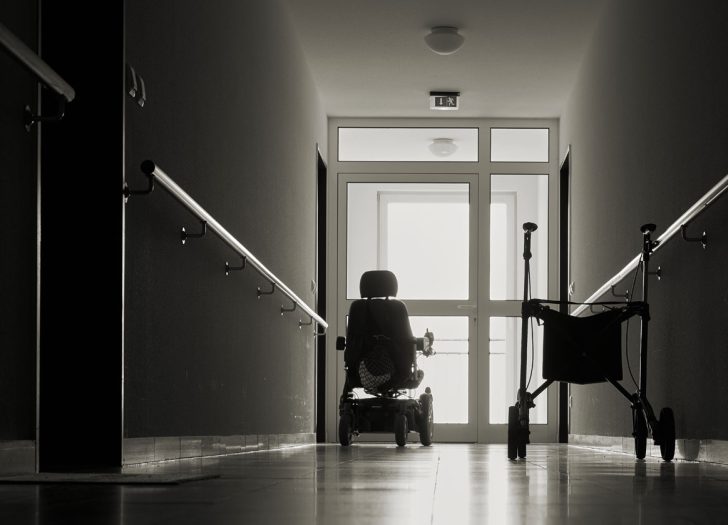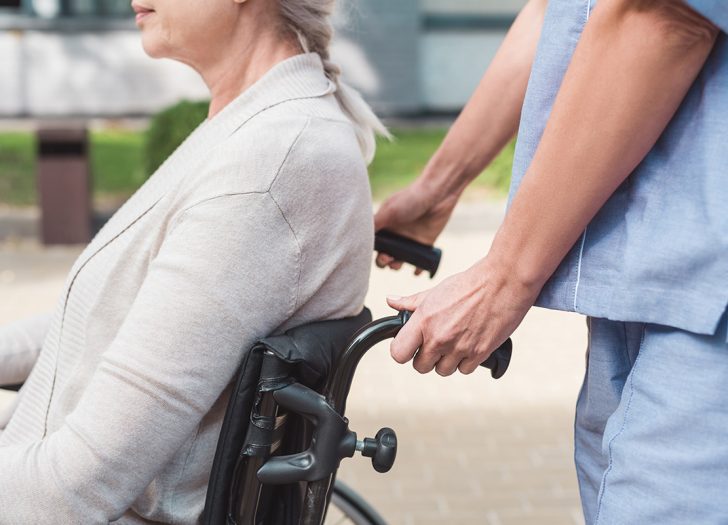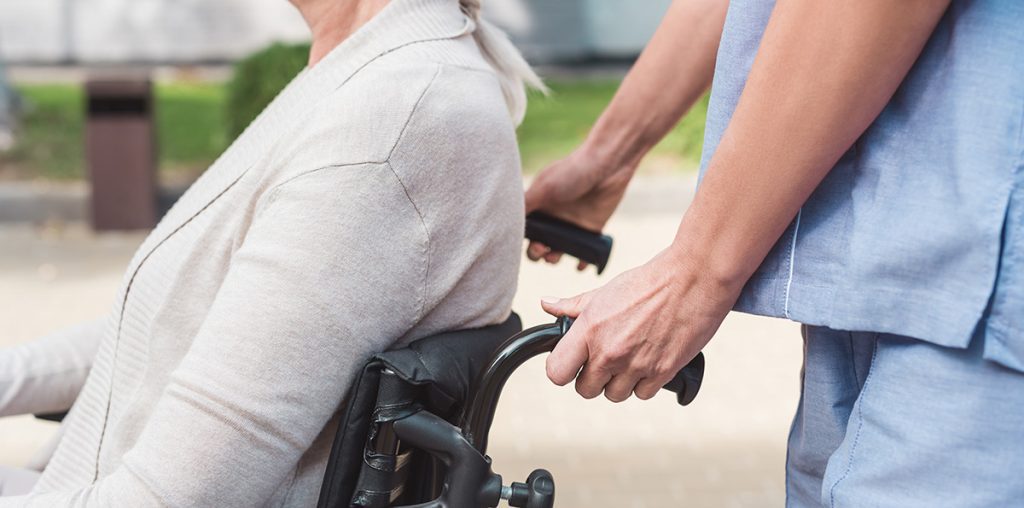Sadly, abuse and neglect are common phenomena within nursing homes and other long-term care facilities.
According to the World Health Organization, 66% of nursing home staff members have engaged in abuse within the last year. One in six elderly adults experiences abuse in community settings.
There are several things you can do to help protect your loved one, including using different types of technology to monitor your loved one’s health and watch how they interact with nursing home staff.
Here’s what to know about preventing nursing home abuse with technology and how we can help you advocate for your elderly family member.
Understanding the Different Types of Nursing Home Abuse
While most people assume that nursing home or elder abuse means physical harm, there are multiple forms it can take, like:
- Physical abuse. This includes hitting, slapping, pinching, squeezing, or using excessive force or restraints.
- Emotional or psychological abuse. This includes yelling at elderly patients, threatening them, isolating them away from others, or purposely humiliating them.
- Sexual abuse. In the U.S., 0.6% of nursing home patients are sexually abused according to the American Journal of Public Health. This includes non-consensual touching of a patient’s breasts, buttocks, or genitals for a non-medical purpose, as well as verbal sexual harassment.
- Nursing home neglect. This includes failure to provide patients with basic needs such as food, hygiene, socialization, and medical care.
- Financial abuse. This includes stealing money or belongings from elderly patients, using their financial accounts, or coercing them to make changes to their will or other financial documents.
Further Reading: Types of Nursing Home Abuse
The Intersection Between Technology, Elder Abuse, and Massachusetts Recording Laws
Technology can play a powerful role in detecting and preventing nursing home abuse. However, Massachusetts is a two-party consent state, and all parties involved must consent to audio or video recording in private settings, including in nursing home rooms.
This means that installing hidden cameras or recording evidence of nursing home abuse without the informed consent of the resident and staff may violate state wiretap and privacy laws and could make any footage inadmissible in court.
Further Reading: Recording Laws for Healthcare Settings in Massachusetts & New Hampshire
What to Do Instead
Even though traditional audio and video recording devices are likely not allowed, there are still helpful tools you can use, like:
Wearable Health Devices
Wearable health devices like Fitbits, Oura rings, and Apple Watches can track heart rate, steps, and sleep quality. Sudden changes in your loved one’s normal metrics, like increased heart rate or reduced steps, could indicate an incident of abuse.
Motion Sensors
Motion sensors may be installed with the consent of the nursing home to alert you when there is movement in your family member’s room. Long periods of no movement can indicate your loved one is being left alone in their room and no one is coming to check on them.
GPS Trackers
Some GPS devices are available as necklaces or bracelets that can be worn just like traditional jewelry. This lets you know exactly where your loved one is at all times. Depending on the device, you may even be able to set up alerts if your family member goes outside a designated boundary. This can be extremely useful for patients with dementia or other forms of cognitive decline.
Emergency Alert Systems
Emergency alert devices like LifeAlert allow patients to call 911 themselves with just the push of a button if they feel unsafe or unwell. Many of these devices now come with automatic fall detection, so emergency services are automatically dispatched without waiting for nursing home staff to realize a fall has occurred.
What to Do If Your Family Member Was Abused in a Nursing Home
If you caught your loved one being abused on camera, or their wearable technology suggests that they may not be receiving the care they should, Mazow | McCullough, PC can help. Contact us today at (978) 744-8000, or call toll-free at (855) 693-9084 to learn more about pursuing a nursing home abuse claim or to schedule a no-cost consultation.
Additional Nursing Home Abuse Resources
To report elder abuse and neglect in Massachusetts, call 1-800-922-2275.
Or, click here to file a report online.











